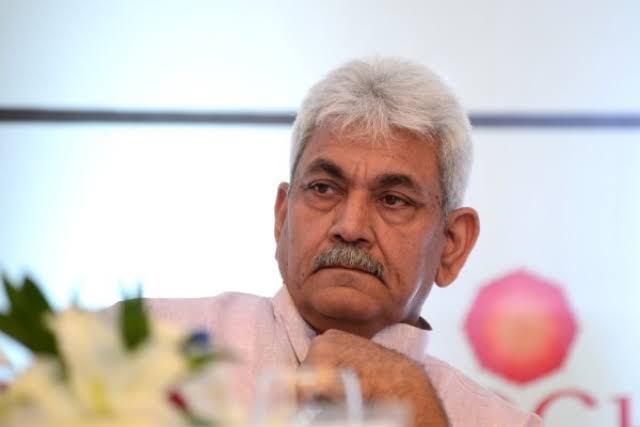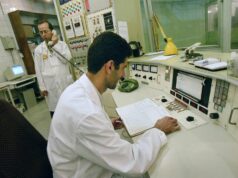Ratle Power Project, Cleared By Government of India : J&K L – G

Since 1947 up to the year 2018, projects of only around 3500 MW had been set up in Jammu and Kashmir. Against this, now the government has taken up projects with capacity of 6300 MW to be set up in the Union Territory in the next five years. This is double the installed capacity set up since Independence.
Jammu and Kashmir Lieutenant Governor Manoj Sinha, on Wednesday announced allocation of ₹5,282 crore for the Ratle Hydroelectric 850 MW Project, said the project was delayed due to fear of Pakistan in the past 70 years.
“Jammu and Kashmir was deprived of this mega project for so long because the previous regimes were scared to move ahead due to Pakistan’s threats of going to international court for arbitration, and making representation in the World Bank,” Mr. Sinha said in Jammu.
The project was cleared at the Union Cabinet meeting, chaired by Prime Minister in New Delhi. According to the officials, the project will create 4,000 jobs directly and indirectly and will contribute to the overall socio-economic development.
The Union Territory has also decided to take up Kwar project (540 MW). This will result in an investment of ₹4,264 crore and create more than 2,000 jobs. The Lt. Governor said four more projects — (Kirthai-II (930 MW), Sawalkot (1,856 MW), Uri-I (Stage-II) (240 MW) and Dulhasti (Stage-II) (258 MW) — involving an investment of ₹31,000 crore had also been decided to be taken up for construction.
These projects together with the two ongoing projects of Pakaldul (1000 MW) and Kiru (624 MW) on the Chenab river and its tributaries will result in an investment of about ₹52,821 crore and create more than 12,000 jobs in the Union Territory.
The Union Ministry of Power and the Ministry of Skill Development are proposing to set up training centres near the project sites in collaboration with the NHPC Ltd.
The LG said that Jammu and Kashmir was witnessing unprecedented growth and development in every sector. “We are unlocking its potential to be self-reliant in the energy sector within a short span of time,” he added.



